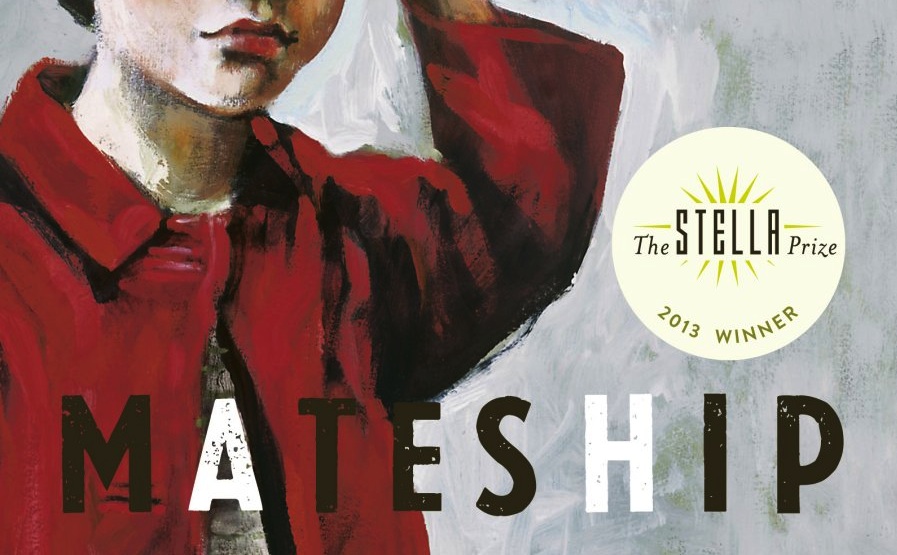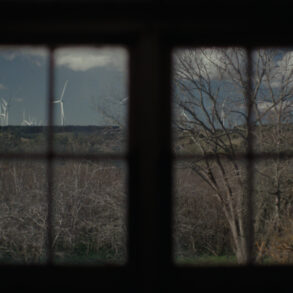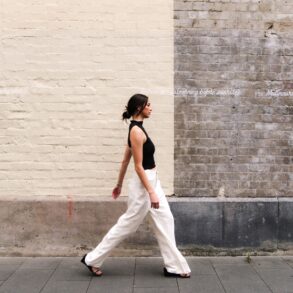On April 16, RMIT University academic Carrie Tiffany was announced as the winner of the $50,000 Stella Prize for Australian women’s literature
The new prize is named after Stella Maria Sarah Miles Franklin, a lady who knew for her writing to be taken seriously she had to pose as a man
It is through her legacy the award aims to promote the position of women’s writing in Australia
Very kindly, Tiffany decided to donate a fifth of her prize money to the other shortlistees
After being shortlisted for the Victorian Premier’s Literary Award and short-listed for the Miles Franklin, Carrie said prizes are usually a “winner takes all experience”
The emphasis of one winner, to the exclusion of all others, seemed to her “like a very masculine model” of competition
“When you make someone a celebrity, you make someone else ordinary,” Tiffany told Catalyst
“The Stella can be a way of … doing (prizes) a little bit differently and having the attention not be just on one book, but on the other books as well
”
Radio National’s drive program host Waleed Aly reinforced Tiffany’s theory – when he discovered Tiffany had decided to share her winnings his immediate reaction was ‘Why?’ “It’s nice, I’m not saying it’s a bad thing
But they get to say they were shortlisted, they don’t need money
” But Tiffany disagrees
Having experienced “tremendous generosity from the writing community,” sharing the Stella was a perfect opportunity for Tiffany to support those who had helped her throughout her career
Financially, writing is a tough calling
A recent article in The Age estimated the average writer’s salary at around $11,000 a year
For fellow Stella nominee Lisa Jacobson, this still seemed too high
With money hard to come by, and prizes so few and far between, Jacobson said the creation of the Stella is “really something to celebrate”
While in some professions winning $50,000 might mean a lavish holiday or a new car, Jacobson and Tiffany both agree on what it means for a writer: Time
“Most novelists in Australia would be doing something else to support their work,” Jacobson said
“Prize money means paying off your mortgage
It means more time to write
”
Now Tiffany finds herself $40,000 richer, she will be taking time to work on her next novel
No doubt gender inequality has lessened since the era of Miles Franklin, yet to this day Jacobson believes women have specific needs that a prize like the Stella addresses
“The Stella Prize is particularly significant because I certainly have found, as a woman, my energies torn between work, child-raising and writing,” Jacobson said
While she has had “wonderful success” lately, Tiffany said there are also tough times
Tiffany started her working life as a park ranger at a time when there weren’t many females on the job
Working with a lot of men she faced “some pretty active discrimination”
While “writing can sometimes be a very lonely and difficult thing to do,” Tiffany has experienced greater acceptance as an author
“When I started writing, and meeting writers … I met some really wonderful women
” However, when she first heard about the Stella Prize she felt conflicted
“It’s really disappointing we need this prize, we shouldn’t need this prize,” she said
Founded by Sophie Cunningham and Aviva Tuffield, The Stella was created after no women were shortlisted for the 2009 or 2011 Miles Franklin Awards
It is this “imbalance of attention” that Tiffany spoke about in both her acceptance speech and her interview with Catalyst
“It is increasingly difficult for women, especially young women, to do something with their mind rather than their body
” She feels this emphasis on body image is an “impediment for women” that want to write fiction
To pursue a career in solitude, that requires spending time looking at other people rather than being looked at yourself, goes against what is expected of young women
“Art starts with noticing things,” she said
And it was by noticing the need for greater recognition of female writers that the Stella has created new opportunities for Australian artists, and in particular some of the “wonderful women” in Australia’s literary scene
With an all female shortlist in this year’s Miles Franklin Awards, maybe the Stella has already had an impact
Matilda Marozzi & Emily Westmoreland








